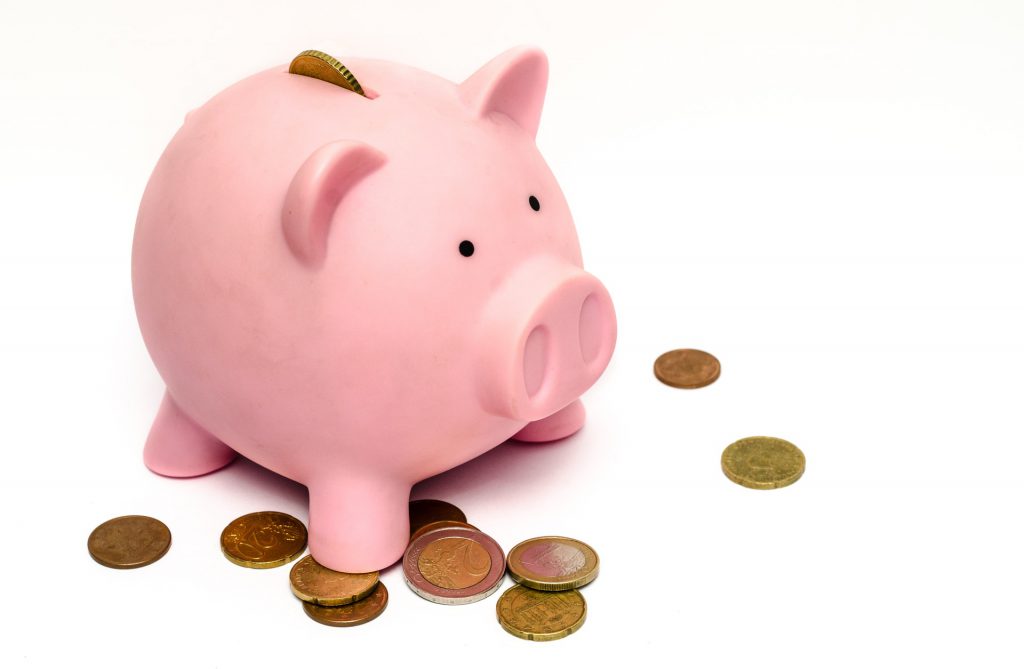Financial Education: Setting Up Your Personal Finances
Sometimes the most significant change you can make to improve your finances is also the easiest. When it comes to managing your money, setting up your personal finances is the first step toward financial success. Make your life easier by setting up a great personal finance system to help take your finances to the next level.
When it comes to money, the conversation can quickly get uncomfortable. There’s always room for improvement when it comes to our finances but taking the necessary steps can be easier said than done.
A Simple Guide to Setting Up Your Personal Finances
Yet, managing your money means building a robust personal finance system. If you don’t know where to start for taking control of your finances, our guide to setting up your personal finances will give you a head start on the path to financial freedom.
Build Your Budget
When it comes to finance, starting at the basics is the best way to begin. Even though it seems basic, most people struggle with the dreaded b-word: budget. Setting up a budget is a requirement for a strong personal finance management system. Yet, building your budget is actually much easier than it seems.
To create a budget, simply document the money that flows in and out of your accounts, that is, your income and expenses. You’ll then subtract the income you make each month from those expenses.
Categorize your income and expenses based on where they come from, such as your job or gifts, and where they go to, such as your housing and food. Be sure to track your finances with as much detail as possible. You’ll want to label categories such as:
• Entertainment expenses
• Insurance costs
• Groceries
• Transportation costs
• Take-home pay
Building a budget that tracks every cent is the best way to stay on top of your financial health and build a sturdy personal finance system.
Start Saving
We all know we should be saving more money, whether for those big purchases or for some unforeseen event in the future. By saving money up for the expected larger expenses, such as car repairs or home remodeling projects, you’ll be less stressed when the time comes to pay up.
The best way to take your savings seriously is to document them. Make a running list of larger, expected expenses—whether they’re one-time splurges or scheduled fees—so you can begin saving up for those costs early.
Not only does this planned approach help reduce your stress about those big expenses, but it also reduces the stress on your finances by spreading the cost out across a longer period of time.
Yet, we all know that planned expenses aren’t the only kind of expenses. There will certainly be times when you won’t be able to predict the money you’ll be required to spend. Whether it’s an emergency medical expense or a last minute trip to see family, some expenses will always be surprises.
What doesn’t have to be a surprise is the hit your finances take. Instead of hoping for the best and planning for the best, hope for the best and plan for the worst. Your savings should also prepare for what can’t often be prepared for—emergencies.
After setting up your budget, you’ll be better positioned to see what excess income can go towards your savings. “Now” is always the perfect time for setting up your emergency fund.
Deal with Your Debts
While it’s all well and good to plan your budget and start your savings, no personal finance system is complete without dealing with your debts. Whether it’s medical debt, student debt, or just general credit card debt, your personal finances aren’t complete without making a plan for getting rid of your debt.
The average American is now carrying roughly $90,460 in debt, so if you’ve got your own debt to manage, you aren’t alone. Part of your personal finance plan means creating a plan to pay off any debt. Decide how much money you can put towards your debt on a consistent basis and you’ll have a well-rounded approach to your personal finances.
Keeping It Cool with Credit Cards
Credit cards can be a wonderful tool for taking your personal finances to another level…or they can take your finances to a destructive place. Whether you abuse or use your credit cards is a crucial part of keeping your personal finances on the path to financial freedom.
Be sure to use your credit cards carefully and strategically to help your finances, not hurt them. Another great tool for managing your personal finances is keeping an eye on your credit score.
Keep Your Personal Finances In Line with Our Fast and Easy Financial Services
If you’re ready to take your personal finances to the next level, it’s important to use all the tools at your disposal. At Currency Exchange, we take the hard work and confusion out of your personal finances. Check out our full list of services at your disposal that you can use to help you set up your personal finances.

With over 350 locations, many open nights, weekends, and holidays (and several stores with 24/7 availability), you can rest easy knowing your financial needs can be taken care of when you need them most. We’re in the heart of every community. Don’t believe us? See for yourself.